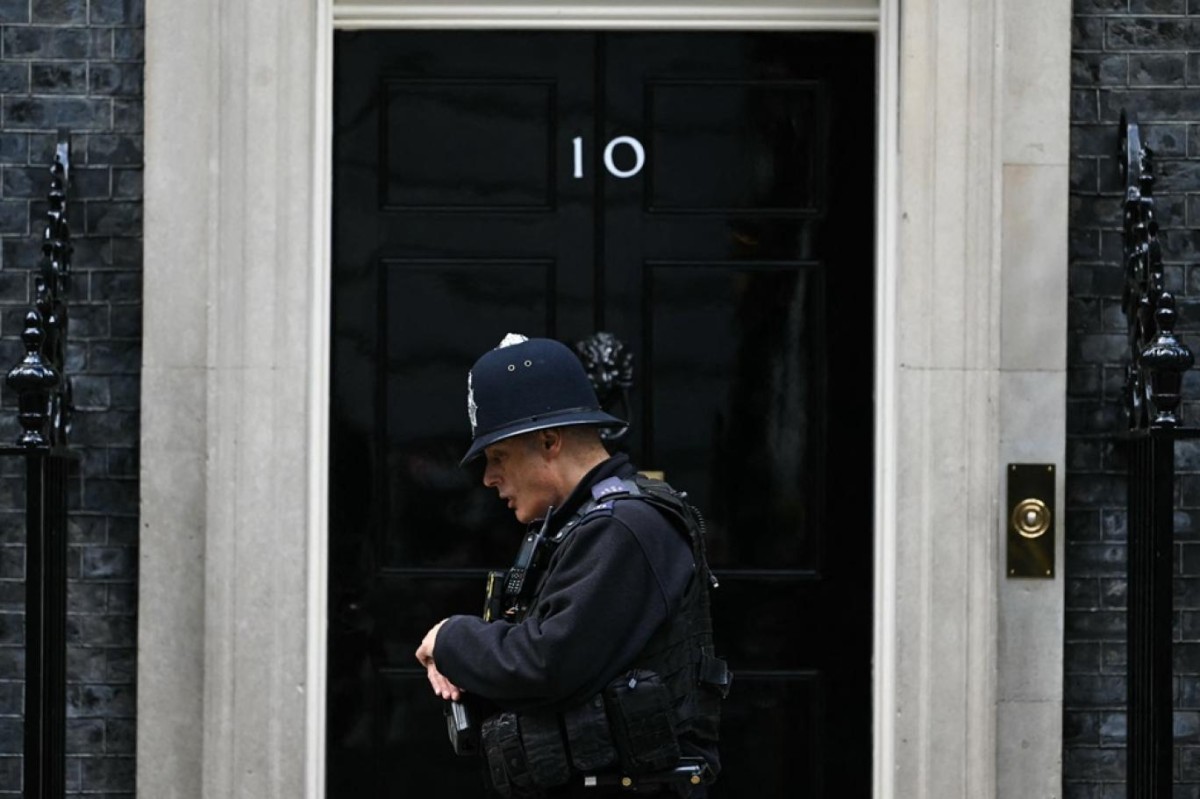Britain summons the Russian ambassador over accusations of espionage against its diplomats


The British Foreign Ministry announced that it summoned the Russian ambassador to London, Andrei Kelin, yesterday, Wednesday, after Moscow filed spying charges against six British diplomats and withdrew their accreditations last week, while China expressed its readiness to strengthen its economic relations with Britain.
Tensions with Moscow
A statement issued by the British Foreign Office said that London “condemns in the strongest terms the unprecedented and baseless Russian aggressive campaign against the United Kingdom, in particular the malicious and completely baseless accusations leveled last week against Foreign Office staff.”
p>London criticized Russia's "completely unacceptable" and "contrary to standards of conduct between states" behavior.
The British Foreign Office promised that this Russian campaign aims to “undermine and threaten security and democracy in the United Kingdom and deter our support for Ukraine, through disinformation and acts of sabotage in Europe, and harassment and restrictions against our diplomatic missions in Russia.”
It concluded that “this campaign will not succeed,” stressing that “Russia must stop these activities immediately.”
The Russian Security Service announced on September 13 that it had withdrawn the accreditation of six diplomats from the British Embassy in Moscow, on suspicion of involvement in espionage activities.
This announcement came on a day that witnessed a meeting in Washington between British Prime Minister Keir Starmer and US President Joe Biden to discuss possible Western approval for Ukraine's use of long-range missiles against Russia, a topic that sparked a new wave of tensions with Moscow.
Improvement in relations with China
On the other hand, Chinese Deputy Prime Minister He Lifeng expressed his country's readiness to strengthen its economic relations with Britain, according to what was reported by official media yesterday in light of the improvement of diplomatic relations between the two countries after a stagnation that lasted for years.
Chinese President Xi Jinping and British Prime Minister Keir Starmer resumed high-level contacts last August after holding a telephone conversation, which is the first time that Xi has spoken with a British prime minister since 2022.
Xi also spoke by phone yesterday with British Finance Minister Rachel Reeves and informed her of Beijing's readiness to "promote and facilitate trade and investment liberalization," according to Xinhua News Agency.
He said that China also wants to enhance cooperation in the green economy, biomedicine and artificial intelligence.
For her part, Reeves said that Britain is ready to enhance cooperation with China “in order to develop long-term and mutually beneficial relations between the two countries,” according to the official Chinese news agency Xinhua.
During 2015, then-Prime Minister David Cameron praised the “golden era” of relations between London and Beijing, before relations began to deteriorate significantly in recent years.
Britain was clear regarding the Hong Kong government's new national security law, which it considered to undermine the freedoms of the former British territory.
The two countries are in conflict over Beijing's treatment of the Uyghur Muslim minority in China's Xinjiang region and human rights in Tibet.
China and Britain accused each other of espionage, and Beijing complained that London was following Washington's hostile line towards Beijing.